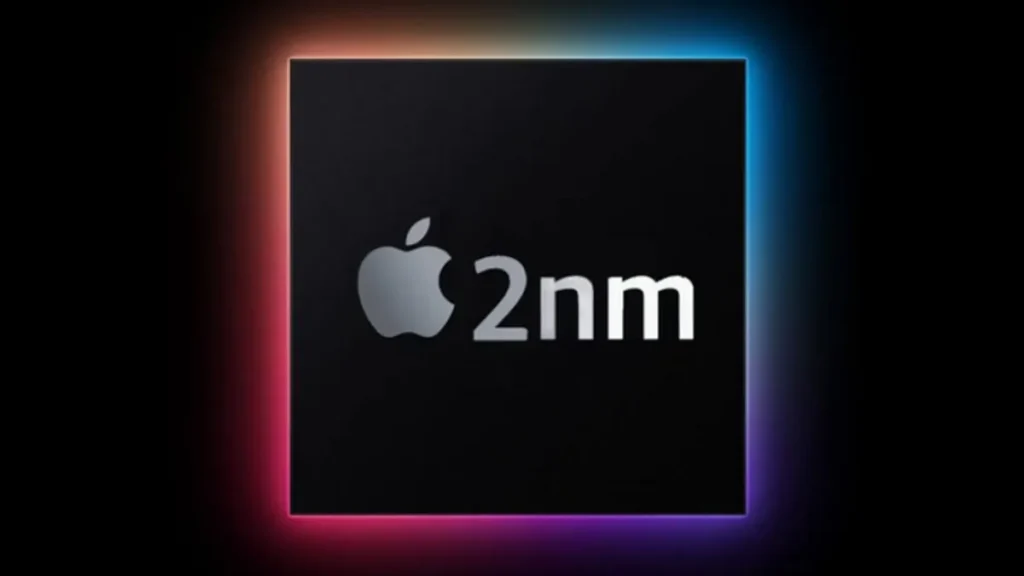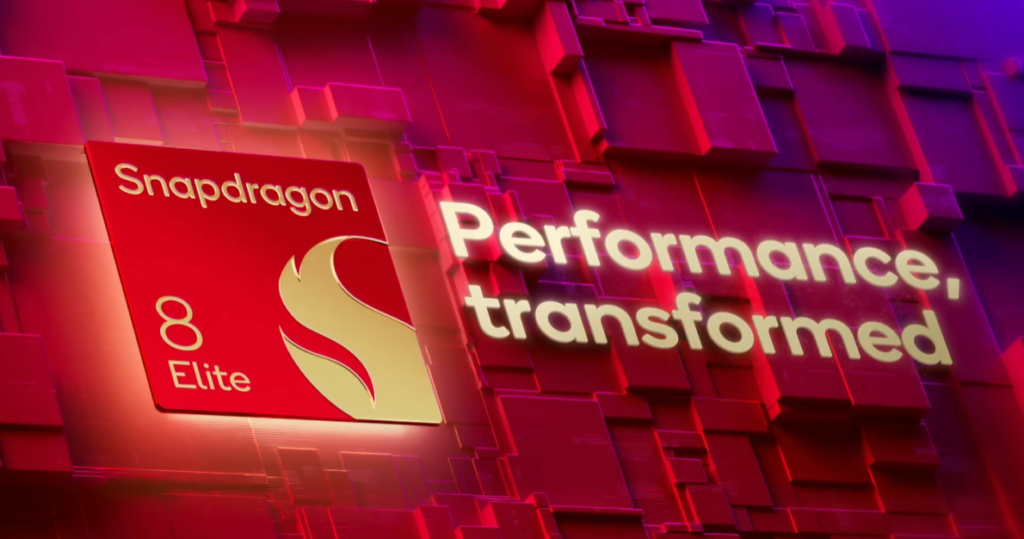The smartphone industry has always witnessed fierce competition between tech giants Apple and Samsung to offer the fastest and most advanced processors. Today, we are facing the battle of 2-nanometer technology.
Currently, there is a technical tie between them. The iPhone 16 series relies on the A18 chip, manufactured with 3-nanometer technology, while the Galaxy S25 series features Qualcomm’s Snapdragon 8 Elite, also built on a 3-nanometer process. However, Samsung may soon break this tie.
Apple: A Delayed Entry into 2-Nanometer Technology

Prominent analysts, such as Ming-Chi Kuo, predict that Apple will launch its first smartphones with 2-nanometer processors in the second half of 2026. This will come with the iPhone 18 series, featuring the Apple A20 chip.
Reiterating my prediction from six months ago: the 2H26 new iPhones (iPhone 18) will be powered by TSMC’s 2nm chips.Worth noting, TSMC’s 2nm R&D trial yields reached 60–70% three months ago, and they’re now well above that. https://t.co/ZoWXFqfUnS
— 郭明錤 (Ming-Chi Kuo) (@mingchikuo) March 22, 2025
This delay is due to Apple’s exclusive chip manufacturer, Taiwan’s TSMC, which will not be able to begin mass production of this technology before that time.
Samsung: Accelerating Progress

On the other hand, Samsung Foundry has made significant advancements in developing 2-nanometer technology.
Expectations suggest that it will integrate this technology into the Exynos 2600 processor, set to launch with the Galaxy S26 series in the first half of 2026.
If this happens, Samsung will be at least six months ahead of Apple, giving it a major marketing advantage.
Qualcomm: In the Background

Apple is not the only competitor. Samsung’s other rival, Qualcomm, is also planning to release 2-nanometer processors in 2026, though the exact timeline remains unclear.
Since Qualcomm relies on TSMC for manufacturing—and TSMC is expected to lag behind Samsung—Samsung may gain an exclusive advantage in introducing the most advanced smartphones.
Final Predictions
If Samsung manages to stay on schedule, it could reshape the landscape of technological dominance and prove that leadership in chip manufacturing is not exclusive to Apple and its partners.
